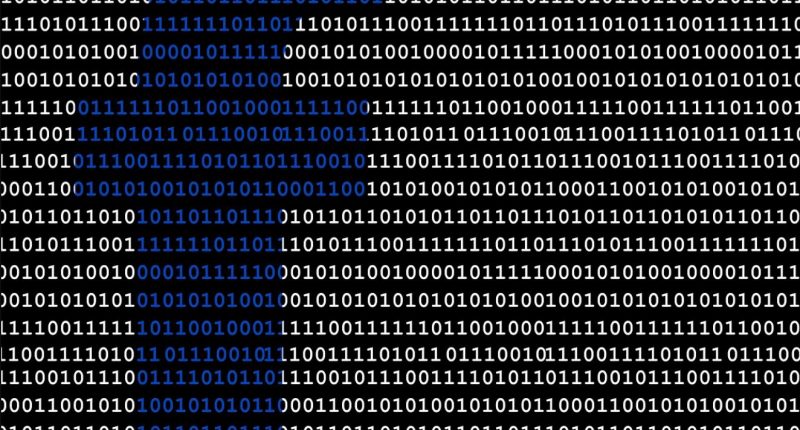Facebook, the popular American social media and messaging platform has hearkened to the criticisms it has faced in recent times. Its instant messaging platform, WhatsApp, is in more trouble after the federal Indian government asked the Delhi High Court to block the implementation of its controversial privacy policy in the country. Moreover, the recent row with a Facebook executive in India has led to the company erring on the side of caution, and instead of protesting against the new IT rules, it’s going to side with them.
A few days after Facebook announced that it would penalize members on Facebook Groups for breaking rules and misusing the forums, the Mark Zuckerberg-led company said that the Indian government’s move to formulate policy and rules for the moderation of content on social media platforms was a “legitimate scrutiny” and that respect for Indian laws was “non-negotiable., according to a report by TOI.
Earlier, Facebook faced immense backlash for not pulling down hateful content from the platform. That is being amended, as Facebook India vice president and managing director, Ajit Mohan had assured that content moderation was enforced by an independent team.
“Public policy in India, while being one stakeholder who can express one point of view among many voices, but they did not have any decision-making power in this. The content policy team that is on the hook for enforcing content decisions in India is separate and independent from the public policy team,” Mohan said in an interview to TOI.
This seems to be the new mantra for Facebook as it looks to avoid running into further trouble, and it mentioned that regulatory steps are being initiated against hateful, violent, and unlawful messaging and posts. He added it would be taking action against unlawful content in line with both its own ‘community standards’ and also as per Indian laws.
This comes after Facebook India exec Ankhi Das left the company amid a major political controversy. A report from WSJ claimed that the social media company has been showing favoritism to India’s ruling party, the BJP. This led to widespread rebuke of the tech giant in the country, with top company executive Ankhi Das bearing a lot of the brunt.
Thus, after having faced a major controversy in the country already, it’s no surprise that Facebook is siding with the new IT rules.
This happens to be Facebook’s first official reaction to the government’s move regarding regulating social media, digital media, and OTT Platforms (Over The Top) via the IT (Intermediary Guidelines and Digital Media Ethics Code) Rules 2021. Mohan said, “We are absolutely respectful of local laws. For me, it is not either-or. The fact that we respect local laws is a given and is non-negotiable.”
The IT rules require social media and digital companies to disclose the source of unlawful and inflammatory messaging within 72 hours when asked by investigating and cybersecurity agencies. This is done to ensure that the platforms are not abused or misused, said IT and law minister Ravi Shankar Prasad. Digital and social media companies are also given 3.6 hours to take down any ‘unlawful’ content at the request of the government, or the orders of a court.
Mohan informed that platforms should strike a balance between free speech and safety which is an “extremely complex issue,” saying that both were important agendas in a country like India and a company like Facebook and that they wanted to make sure that the canvas of free speech was as expansive as possible, including what is outlined in the Indian constitution. At the same time, there will be places where there are limits to that speech when it comes to hate speech, for example.
“We are constantly trying to raise the bar in terms of making sure that we address the concerns, including those we have heard from governments from around the world and India, on the kind of content that is on our platforms. We want to limit and eliminate content linked to violence, or content linked to hate speech or content that calls for violence on the ground. Our agenda is aligned,” he added.
Mohan noted that Facebook wanted to make sure that the internet remained a safe platform for doing business while simultaneously reducing or eliminating the minority of users and behaviors that violate local laws or violate community standards.
The Tech Portal is published by Blue Box Media Private Limited. Our investors have no influence over our reporting. Read our full Ownership and Funding Disclosure →






